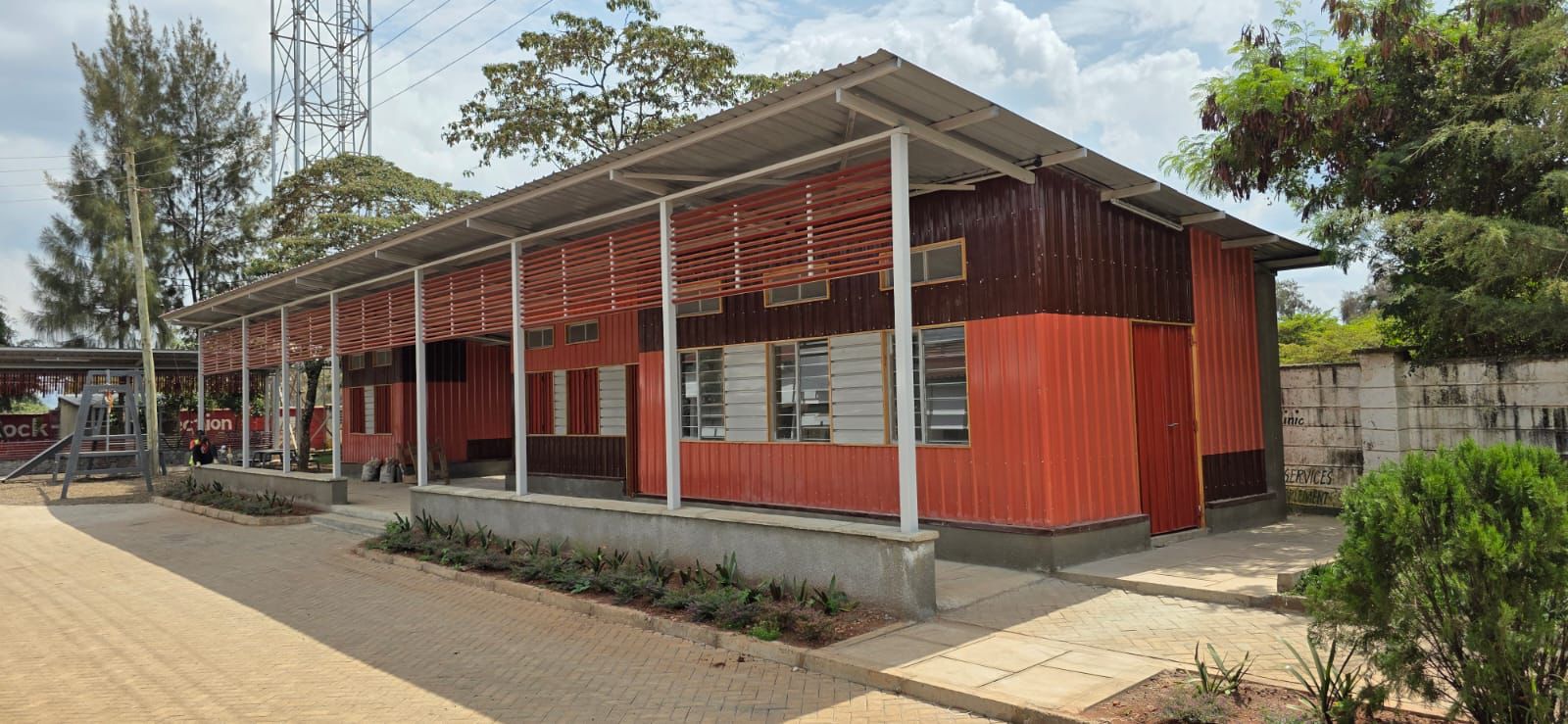Africa CDC warns of widespread drug resistance across Africa

The study, the largest of its kind conducted in Africa, analysed more than 187,000 test results from 205 laboratories between 2016 and 2019 in 14 countries, including Ethiopia, Ghana, Kenya, Malawi, Mali, and Nigeria, revealing a growing ineffectiveness of antibiotics against common bacterial infections.
The Africa Centres for Disease Control and Prevention (Africa CDC) has warned of widespread drug resistance on the continent, threatening to reverse decades of health and development gains.
The Africa CDC, in its latest study titled "Mapping Antimicrobial Resistance and Antimicrobial Use Partnership," released Wednesday, said the "alarming rate" of antimicrobial resistance across 14 African countries poses an urgent continental public health threat.
More To Read
- African leaders commit to ending cholera epidemic by 2030
- Cholera death toll in Africa surpasses 2,400 as South Sudan, DRC, Angola and Sudan hardest hit
- Kenya receives 10,700 doses of Mpox vaccine as Ministry of Health seeks to curb spread
- Do African MPs reflect the people who vote for them? We studied 17 countries to find out
- Mpox deaths reach 1,724 in Africa since 2024: Africa CDC
- Wealthy Africans often don’t pay tax: the answer lies in smarter collection - expert
The study, the largest of its kind conducted in Africa, analysed more than 187,000 test results from 205 laboratories between 2016 and 2019 in 14 countries, including Ethiopia, Ghana, Kenya, Malawi, Mali, and Nigeria, revealing a growing ineffectiveness of antibiotics against common bacterial infections.
Drug resistance occurs when bacteria change in ways that make antibiotics used to treat infections less effective. The phenomenon results in common infections becoming harder to treat, more expensive to manage, and more likely to spread, according to the study.
It highlighted drug resistance as a growing epidemic affecting multiple countries across the continent. One of the "most concerning" findings is that resistance to a powerful group of antibiotics, known as third-generation cephalosporins, is exceptionally high in Ghana and Malawi.
The study also revealed demographic disparities in drug-resistant infections, with older adults and hospitalised patients being particularly vulnerable. It said the existing demographic disparities underscore the need for targeted interventions to protect at-risk populations.
The Africa CDC also highlighted "serious gaps" in laboratory infrastructure and data collection systems.
Findings reveal that fewer than 2 per cent of health facilities were equipped to test for bacterial infections, and only 12 per cent of drug resistance records were linked to patient information.
Top Stories Today
















































